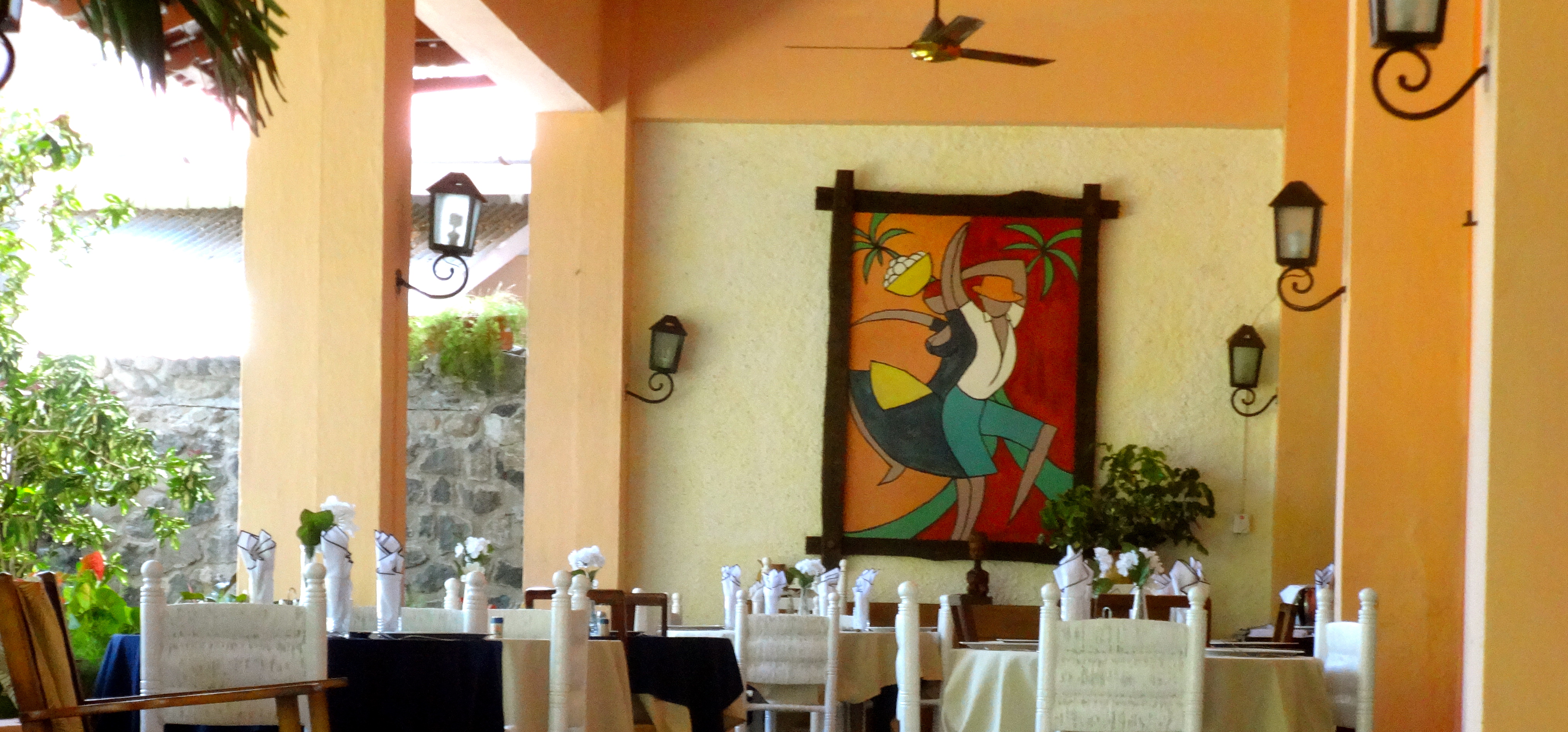Let’s come back to the drums (tanbou) for a moment. Something you’re sure to notice in Haiti is that rhythm resonates in every movement, creates a certain musical measure for conversation, and permeates much of Haitian existence; consequently, music appreciation doesn’t need to be taught (at least not formally).
I have a friend who is a well-recognized music teacher here in the United States. He is enormously talented musically and his passion invigorates his teaching. Music (and the arts) should be promoted in our educational system; he’s a huge proponent of that.
He arrived in Haiti for a short-term visit in 2011, and you can only imagine his excitement during that first experience. People moved here, naturally, effortlessly in beat with the background. The richness of the church choir, the groups of kids singing as they walked down the street, and adults dancing as they moved along; this in accompaniment with the music broadcast from private radios loud enough for neighbors and passersby to hear at all hours, it was almost too much for him to handle; he was ecstatic.
As he toured the schools he realized that there were no music appreciation classes. He reached out to the teachers about creating a partnership to fund a music program at their elementary school. Surely a community that valued music so much would be excited about his proposal.
“Elèv nou yo pa bezwen aprann mizik! Se konprann.”
[Our students don’t need to learn music! It’s understood.]
The teachers were a bit baffled by his suggestion, but patiently tried to explain all of this to the exuberant foreigner – how could he have missed something so obvious?
If you’ve travelled you probably know that we “blans” don’t have a particularly flattering reputation for our intrinsic sense of rhythm (Here I should mention I’m thinking mostly of those of us from North America, but if you are a blan from a more musical background we commend you and your skills!) That may be because our culture tends to be more conservative when it comes to giving music a place in our everyday lives. When was the last time you heard one of your coworkers or classmates start singing out of nowhere? The last time you saw someone dancing in an “undesignated” location (i.e. outside of a studio, recital, bar, or club)?
Service is only helpful when we shift our perspective. Funding the arts for schools here in the United States is a hot topic right now and it responds to OUR cultural need to preserve music in our society, to encourage it at an early age. Haiti doesn’t need that; music is already ingrained in their everyday existence.
Si w’ ka mache, ou ka danse. Si w’ ka pale, ou ka chante.
If you can walk, you can dance. If you can speak, you can sing.
Defining need is an important part of service, and this is a great chance to acknowledge that need exists here and there, in both places, in both cultures, but differently. So what do your partners in Haiti need?
That’s a question you’re going to have to ask them.
by Erin Nguyen on August 21, 2014

